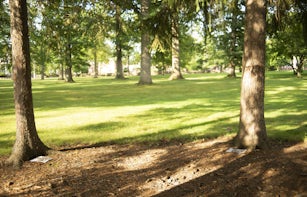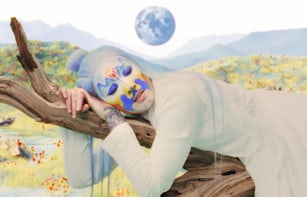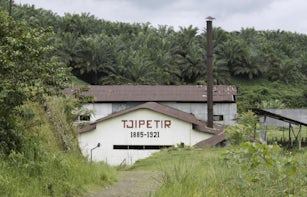Anarchism, Education and Compromise: Voices from Montevideo

Through a series of personal accounts Anne Szefer Karlsen addresses the complex legacy of a 1958 student occupation and the ‘hidden curriculum’ of art education today. One typically enters the contemporary art school – or, at least, those that are part of a formal educational institution – via a reception area with a receptionist or guard, reporting oneself as a visitor or swiping a student/staff card. Students enter these institutional spaces to be conditioned into subjects that contribute to one or many different communities upon exiting. Art schools today are increasingly governed by their administrators (certainly in Europe, following the Bologna Process); many are guided by the idea that their graduates should become neoliberal entrepreneurs, and some have other, equally reactionary ideas of what an artist is and should do. Oftentimes all of these attitudes mix together, creating complex subjectivation processes for the art student.



